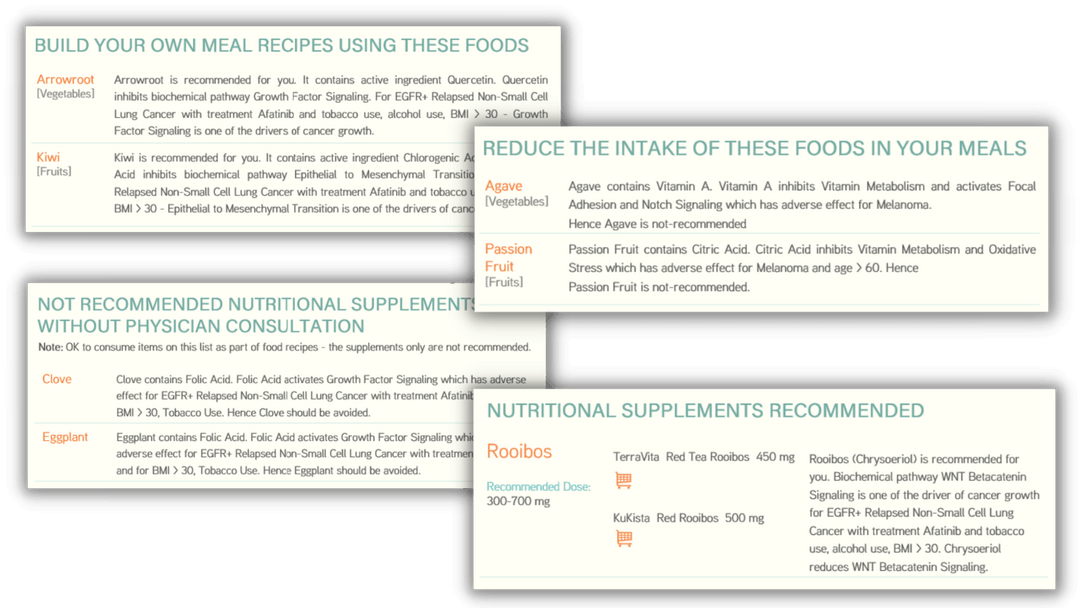Is Vitamin C Bad For Cancer Patients
Home » Blogs » Can High Dose Ascorbic Acid (Vitamin C) be safely given alongside Cytotoxic Chemotherapy?
Highlights
Very high dose Ascorbic Acid (Vitamin C) given intravenously along with combination chemotherapy such as FOLFOX and FOLFIRI, in metastatic colorectal or gastric cancer patients, could be administered safely without any added toxicities. Taking high dose Vitamin C or including Vitamin C rich foods as part of the cancer patients' diet along with chemotherapy may improve overall response and decrease chemotherapy associated side-effects in colorectal cancer or gastric cancer.
Vitamin C/Ascorbic Acid
Ascorbic Acid (Vitamin C) is a commonly and widely used antioxidant and natural immunity booster. However, its role in cancer prevention and treatment has been controversial. While some anecdotal evidence indicated that eating Vitamin C rich foods reduced the risk of cancer, the evidence from interventional, randomized clinical trials with oral ascorbate did not show any benefit. But in recent preclinical studies with very high dose ascorbic acid exposure with intravenous infusion selectively killed cancer cells, and showed synergistic effects with cytotoxic drugs. Very high dose of ascorbic acid can only be achieved with intravenous infusion and at this dose, ascorbic acid can have pro-oxidant effects, cause increased DNA damage, that in turn can cause cancer cell death. Additionally, there is preliminary clinical evidence accumulating indicating that high dose ascorbic acid can be safely given alongside cytotoxic drugs such as gemcitabine, paclitaxel and carboplatin (Ma Y et al, Sci. Transl. Med., 2014; Welsh JL et al, Cancer Chemother Pharmacol, 2013)

Foods to Eat After Cancer Diagnosis!
No two cancers are the same. Go beyond the common nutrition guidelines for everyone and make personalized decisions about food and supplements with confidence.
To assess the safety and maximal tolerated dose (MTD) of ascorbic acid/ Vitamin C that can be given along with combination cytotoxic chemotherapy regimens such as FOLFOX and FOLFIRI, researchers from the Collaborative Innovation Center for Cancer Medicine, Sun Yat-sen University in China did a prospective Phase 1 clinical trial (NCT02969681) in metastatic colorectal (mCRC) or gastric cancer (mGC) patients. FOLFOX is a combination chemotherapy comprising 3 drugs: leucovorin (Folinic acid), Fluorouracil and oxaliplatin. In the FOLFIRI regimen, 4 cytotoxic drugs – Folinic acid, Fluorouracil, Irinotecan and Cetuximab are used. (Wang F et al, BMC Cancer, 2019)
We Offer Individualized Nutrition Solutions | Scientifically Right Nutrition for Cancer
36 chinese patients were tested with a dose escalation of intravenous ascorbic acid from 0.2-1.5 g/kg for a 3 hour infusion, once daily, for days 1-3, along with FOLFOX or FOLFIRI in a 14 day cycle, until MTD was achieved. Of the 36 patients enrolled, 24 (23 with mCRC and 1 with mGC) were evaluated for tumor response. The best overall response included a partial response in fourteen patients (58.35%), stable disease in nine (37.5%), with a disease control rate of 95.8%. The researchers reported that there was no MTD reached and they did not find any dose-limiting toxicities detected upon dose escalation. The most common side-effects attributable to high-dose ascorbic acid included headache, light-headedness, dry mouth and some gastrointestinal toxicity due to intravenous infusion. This study also showed a decrease in the adverse bone marrow and gastrointestinal toxicities associated with the chemotherapy regimens when high dose ascorbic acid was given along with the chemotherapy.
The findings of this study suggested "that ascorbic acid/ Vitamin C at 1.5 g/kg once daily for three consecutive days can be safely co-administered with FOLFOX or FOLFIRI chemotherapy in a 14-day cycle." (Wang F et al, BMC Cancer, 2019)
Conclusion
High dose Vitamin C and/or a diet / nutrition rich in Vitamin C given along with chemotherapy may improve overall response and decrease chemotherapy associated side-effects in colorectal cancer or gastric cancer.
What food you eat and which supplements you take is a decision you make. Your decision should include consideration of the cancer gene mutations, which cancer, ongoing treatments and supplements, any allergies, lifestyle information, weight, height and habits.
The nutrition planning for cancer from addon is not based on internet searches. It automates the decision making for you based on molecular science implemented by our scientists and software engineers. Irrespective of whether you care to understand the underlying biochemical molecular pathways or not - for nutrition planning for cancer that understanding is needed.
Get started NOW with your nutrition planning by answering questions on the name of cancer, genetic mutations, ongoing treatments and supplements, any allergies, habits, lifestyle, age group and gender.

Foods to Eat After Cancer Diagnosis!
No two cancers are the same. Go beyond the common nutrition guidelines for everyone and make personalized decisions about food and supplements with confidence.
Cancer patients often have to deal with different chemotherapy side effects which affect their quality of life and look out for alternative therapies for cancer. Taking the right nutrition and supplements based on scientific considerations (avoiding guesswork and random selection) is the best natural remedy for cancer and treatment related side-effects.
Is Vitamin C Bad For Cancer Patients
Source: https://addon.life/2020/03/30/vitamin-c-chemotherapy/

0 Komentar